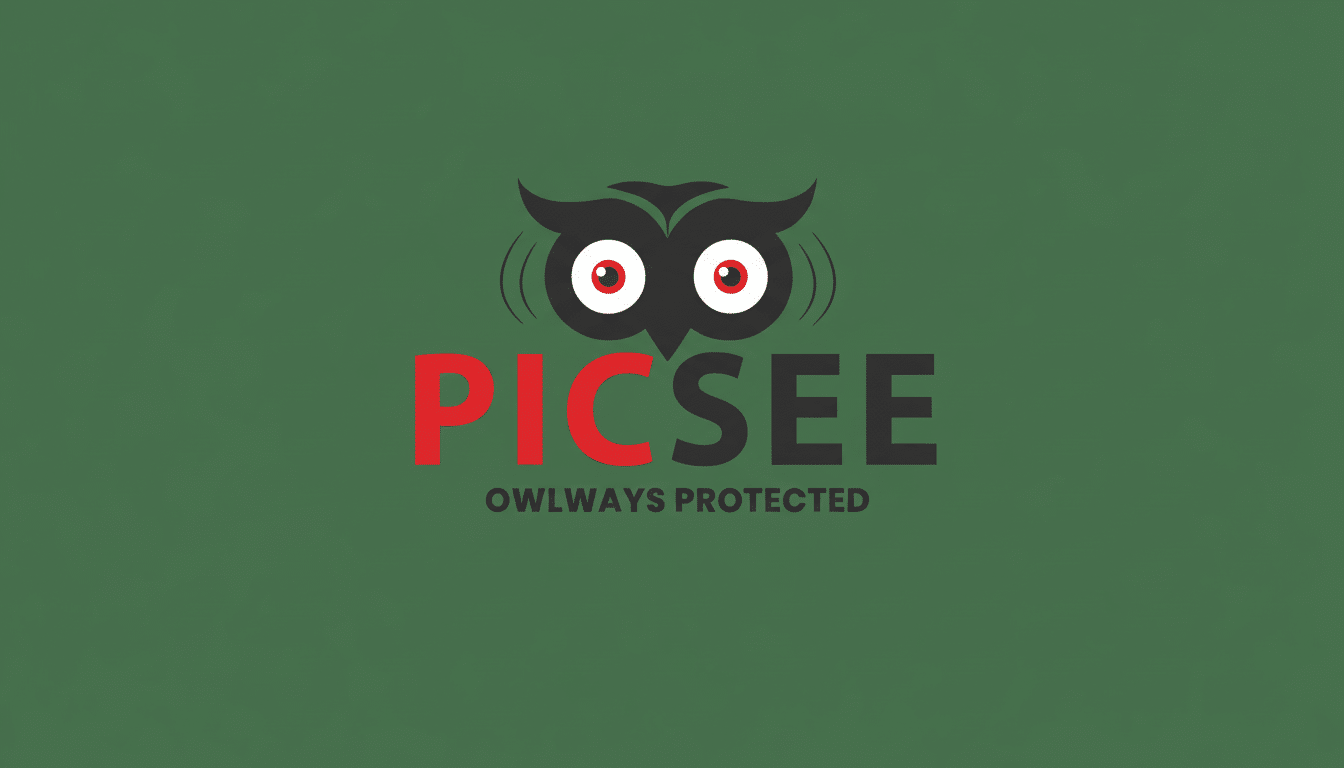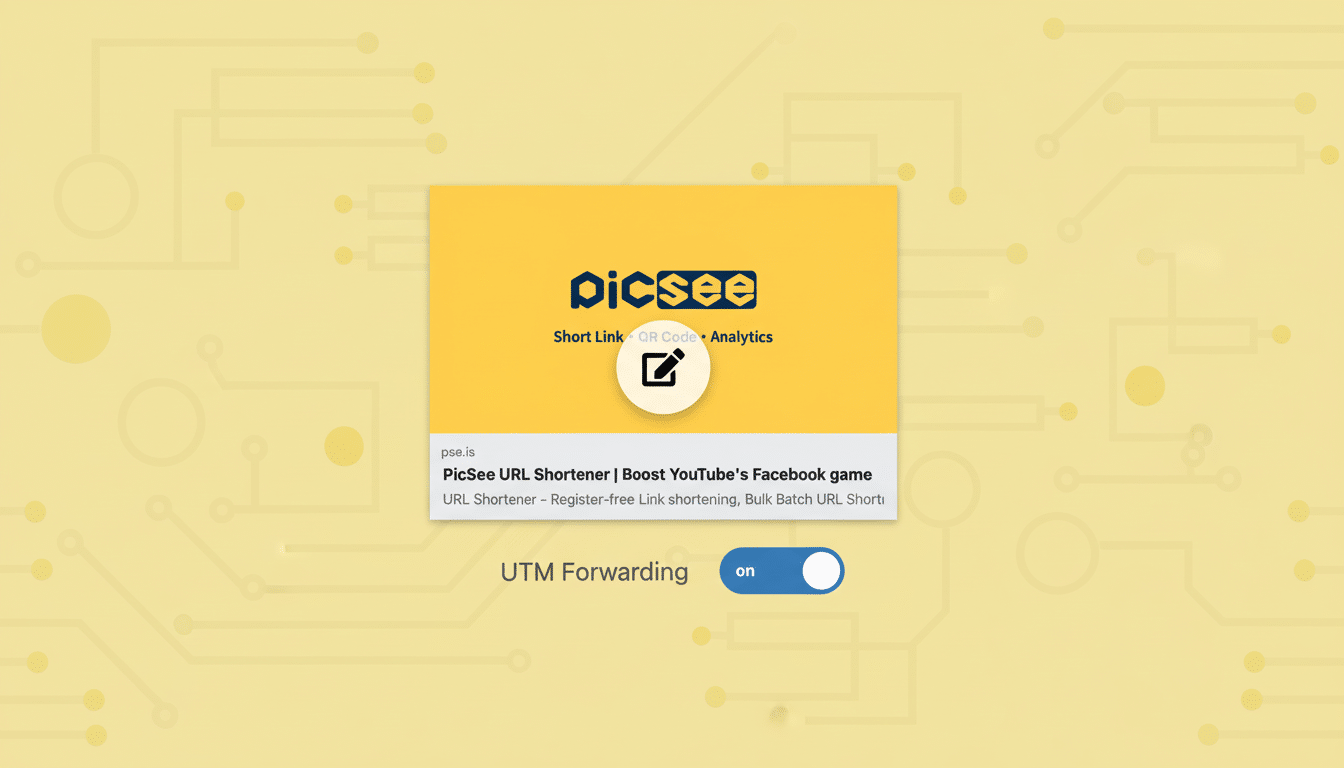Mayank Bidawatka, the entrepreneur who helped develop Koo, India’s homegrown social network, has returned with another bet on everyday sharing. His latest product, PicSee, is a camera-roll companion for iOS and Android that sifts through your photos to find shots of friends on your phone, and makes sending them as easy as a thumb swipe — no group chat number-sharing required, no searching through albums, and no forgetting to “share that pic.”
What PicSee Promises for Seamless, Private Photo Sharing
PicSee has a simple core loop: The app analyzes your camera roll locally, recognizes familiar faces, and defaults to showing you photos of friends. You add a contact, they accept, and the first batch of their photographs from your gallery is pushed into theirs. Later, new photos of you are lined up for quick sharing, eliminating back-and-forth that typically occurs on WhatsApp, iMessage, Instagram, or Snapchat.

There’s a light automation twist. If you don’t approve them manually, PicSee will send them after 24 hours, encouraging users to share regularly without forcing them to micromanage every second. You can still see or retract images — a non-dangerous kind of control that’s rare in a sharing app. On the receiving end, pictures remain in PicSee’s local storage until you elect to export them.
A native chat is added: People who show up in a photograph can leave comments under that photo.
That design recognizes that photos are frequently social artifacts, not just files in the media library. It also makes for low-stakes engagement, without the heavy baggage that comes with a full social feed.
Privacy and Safety Through Design: On-Device AI and Encryption
That was the product philosophy of Bidawatka’s teamwork — building privacy into the product itself, not as a setting. Face detection is also on-device, not in the cloud, and photo transfers are encrypted. The company says it does not retain images on its servers; photos reside on user devices unless exported. There’s even an NSFW filter and screenshot prevention to help reduce the chance of accidental sharing or captures.
It’s a stance that aligns with the on-device AI push from platform vendors like Apple and Google, both of which have promoted data minimization as part of their frameworks, Core ML and ML Kit. It also aligns with the consent-first tenets of India’s Digital Personal Data Protection Act, where transparent, visible user control over personal data is becoming a compliance and trust differentiator.
A Crowded Field for Photo Sharing Apps and Features
PicSee arrives as photo apps pivot from glossy feeds to intimacy and authenticity. Locket made lock screen photo widgets for best friends a trend. BeReal implemented the daily prompt by making it a low-stakes ritual. Retro and Yope, newer players, are focused on journals and private groups. The familiar thesis: Instagram is too slick for everyday posting.

The barrier is competition; behavior change. For small circles like partners, family, or best friends, they already turn to messaging apps with huge reach in India and its surrounding regions. Moving that muscle memory to a dedicated layer will require sharp onboarding and clear wins, such as surfacing neglected candid shots that would otherwise languish unseen. “India is still one of the largest user bases for Instagram and WhatsApp in the world,” said DataReportal’s Kemp — a fact that means PicSee needs to justify its position as something that belongs alongside established habits rather than inside them.
Then there’s the “event ask” issue: When one person asks another to send a specific photo from, say, a wedding or concert, people still want context and album-level tools. PicSee’s future features — shared albums, duplicate cleanup, and integration with Google Photos and iCloud — will aim to solve for that. Countering that are Google Photos’ new Live Albums for sharing based on face recognition and Apple iCloud Shared Library for face- and family-based sharing automation, positioning PicSee with social reciprocity or stronger privacy being the grounds on which it will compete.
Roadmap and Backing: Funding, Features, and Next Steps
PicSee is made by Billion Hearts, a startup that raised $4 million in investment in 2024 from Blume Ventures with participation from General Catalyst and Athera Ventures. Going beyond photos, the team has ambitions to expand face detection to video suggestions for smart albums and automatic de-duping — features that all hint at a camera-roll AI layer rather than what we view as social networks.
If the product can maintain a focus on local-first while layering in cloud interoperability for power users, it could attract privacy-minded consumers who still want the convenience of shared libraries. That balance — trust, simplicity, and good defaults — is often exactly what separates sticky utilities from the novel yet transient — retention studies from companies like Sensor Tower and Similarweb have continually found for consumer apps.
Why It Matters for India: Local-First Sharing Opportunity
The chance is large, and now. India’s smartphone base is huge, and people take more than a trillion pictures together worldwide every year, according to research from Keypoint Intelligence. But most of those images never make it to the people who matter most. A high-friction, privacy-forward conduit for personal photos is a niche worth investigating — especially in markets where bandwidth costs, patchy connectivity, and device diversity make local-first design practical as well as private.
Bidawatka’s other experience helping to build a big social platform puts PicSee ahead on distribution and product intuition. The tougher step will be the cultural one: getting small groups to trust automation with the “send it to me” chore without devolving into oversharing. If PicSee can transform the nostalgia clutter of unshared memories into something that happens relatively automatically and by mutual consent, it won’t need a feed to feel social.

